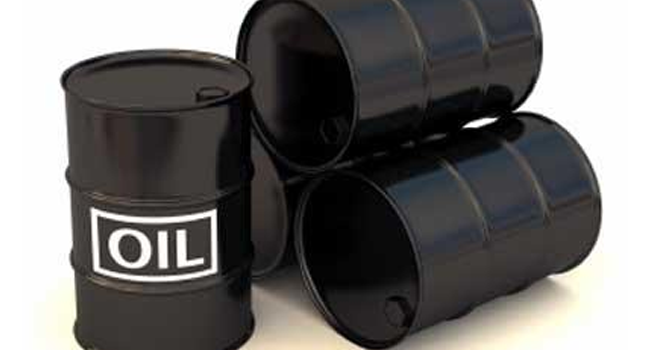Oil prices touched a five-month high before erasing gains on Monday as oil and gas transit continued on tankers from the Middle East after U.S. airstrikes against Iran at the weekend.
Brent crude futures were down 22 cents, or 0.29%, at $76.79 a barrel by 1237 GMT. U.S. West Texas Intermediate crude fell by 29 cents, or 0.39%, to $73.55.
U.S. President Donald Trump said he had “obliterated” Iran’s main nuclear sites in strikes over the weekend, joining an Israeli assault in an escalation of conflict in the Middle East as Tehran vowed to defend itself.
Israel carried out fresh strikes against Iran on Monday including on capital Tehran and the Iranian nuclear facility at Fordow, which was also a target of the U.S. attack.
Iran, which is OPEC’s third-largest crude producer, said on Monday that the U.S. attack on its nuclear sites expanded the range of legitimate targets for its armed forces and called U.S. President Donald Trump a “gambler” for joining Israel’s military campaign against the Islamic Republic.
The Brent and WTI crude benchmarks touched five-month highs of $81.40 and $78.40 respectively on Monday before see-sawing in positive and negative territory throughout the European trading session.
“All eyes remain on the Strait of Hormuz … and whether Iran will seek to disrupt tanker traffic,” said Saxo Bank analyst Ole Hansen.
Prices could spike in the short term – even without full-scale disruption – if the threat of interference alone is enough to delay shipments through the Strait, Hansen added.
At least two supertankers made U-turns near the Strait of Hormuz after the U.S. strikes against Iran, ship-tracking data shows, as more than a week of violence in the region prompts vessels to speed, pause or alter their journeys.
Investors are still weighing up the extent of the geopolitical risk premium, given the Middle East crisis has yet to crimp supply.
[Reuters]


